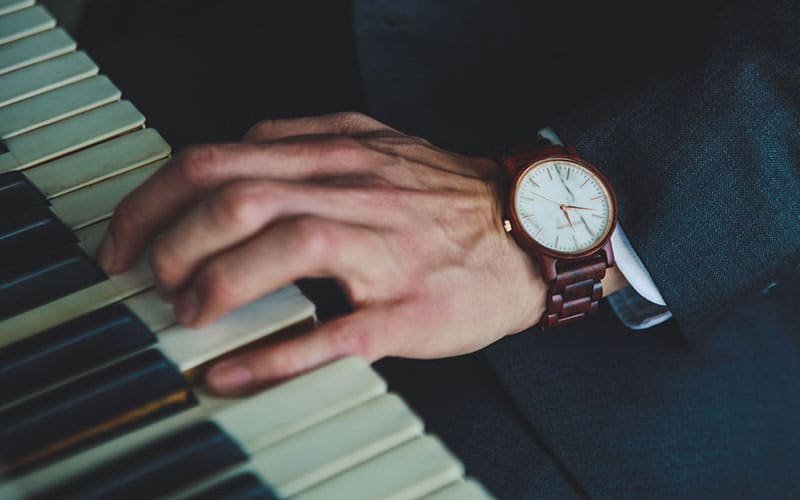In this article I am going to discuss if there could be infinite improvement on a piece of music.
Arguably, a lot things in life have room for improvement; from trying to cook spaghetti aldente to creating a safe plane, humans apparently can infinitely improve things in life.
Not the case with a piece of music I’m afraid. Why do I say that, you might ask. Well, let me ask you this: how much can you improve playing Twinkle Twinkle Little Star on the piano with your right hand? Do you think that, perhaps, the more hours you practise it, the better it will get? Do you believe that if you practised it, say, for three hours a day for six months it would be better interpreted than just practising it for a couple of days?
There is only so much room for improvement on a piece and it depends on many factors. Here are some of them:
– Improvement of a piece depends on each individual musician’s technical and musical strength.
– Improvement of a piece depends on its appeal to the musician.
– Improvement of a piece can only happen if clear perception of what should be its optimum state exists.
– Improvent of a piece can happen if there is proof that our current interpretation doesn’t meet the gestalt of a globally accepted performance.
– Improvement of a piece is dependent on the external equipment we use. For example, we can improve a piano piece much more if we were to practise it on a sound instrument (say on a new fazzioli grand perhaps?) than on a deteriorated instrument.
I think, that in order to improve something in life we must not be ready to do it in the first place. Lets say, as an example, that we cannot boil water more if it is already boiling. (Note: it’s different from overboiling water)
The seek for infinite improvement in life comes from the innate human need to reach perfection; which, in effect, is a major challenge, isn’t it. What do you think? Can we reach perfection?
At the same time, if we accept that there is, indeed, infinite improvement of a piece, then, in essence, we accept that there is no perfect performance. And so, in a way, we accept that our prefered interpretation of a piece is actually not good enough, which is absolutely fine. In life sometimes we can become content with something even if we know that its final outcome doesn’t meet our ultimate expectations. The same should apply with music, one might argue.
So, just enjoy practising and try to improve your piece as much you personally want or as much as your musical circumstances, well… dictate. Remember, that we must always observe the composer’s will, and at the same time we should acknowledge that every musician is different and has their own interpretational strengths and weaknesses.


